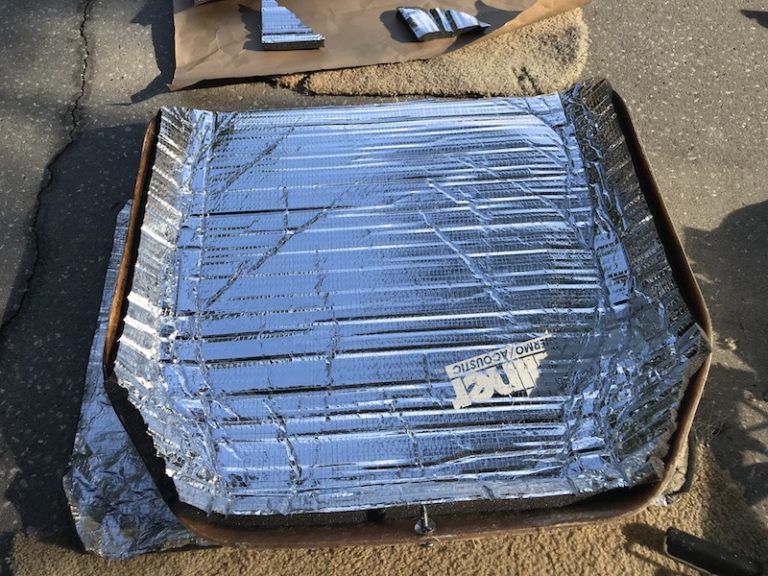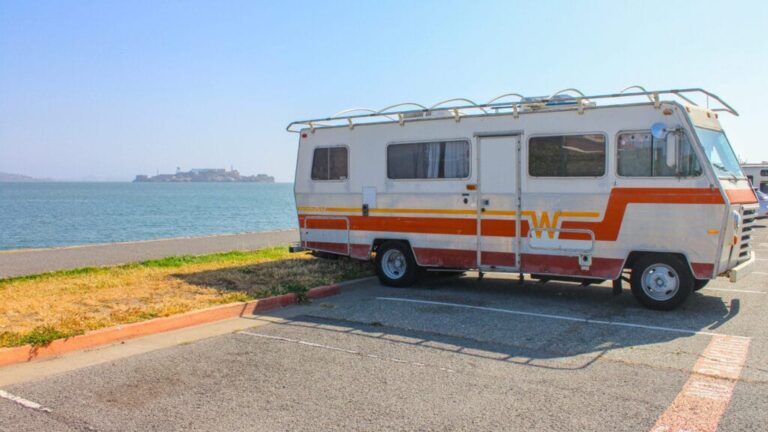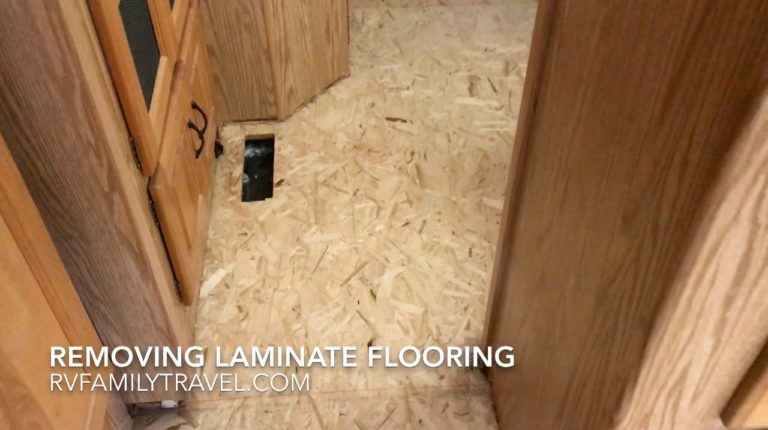Buying an RV: New Versus Used
Before you begin to enjoy the world of RVing, there’s one little hurdle you have to surpass…
Buying one. 🙂
Well, I guess you could rent one, but unless you’re pretty sure this is going to be a rare thing for you – or simply want to see if you like it – then renting can be pretty pricey.
If you’re looking to buy, then should you buy new or used?
Your price range is pretty well going to determine this. But, financing puts new RVs into many people’s price ranges.
Up front, let me be clear: I personally believe that buying a brand new RV is a stupid thing to do.
But, surely, I need to explain. 🙂
RV Depreciation – Like A Rock
You’ve probably heard the rather common knowledge about how a car drops in value the moment you drive it off the lot.
Well, RVs are a lot worse.
RVs depreciate like a rock. According to a New York Times article on the subject…
The moment a recreational vehicle is driven off the lot in the United States, said Mr. Gallant, it loses 25 percent to 40 percent of its value. Good brands tend to hold their value for the next two years, he said, and by year five, an RV is generally worth 35 percent to 50 percent of its original value.
5 year old motorhome and it is worth only 35%-50% of what it was worth the day you drove it off the lot new. If that’s not a HORRIBLE investment, I don’t know what is.
The good news is that, as the RV gets a little older, that rate of depreciation slows down quite a bit. That same NYT article says…
Then the slide slows dramatically. According to Mr. Gallant, good brands in good condition may lose as little as 2 percent a year through year 10.
This doesn’t take into account market value. However, I’ve definitely seen that used motorhomes lose their value much slower than the newer ones.
My first RV – the 1996 Coachman – I bought it for $12,500 cash. And I traded it into to LazyDays (when I upgraded) and got about $10k for it. NOT BAD. Owned it a little over 2 years.
My current HR Vacationer, I paid about $30,000 for it. Taking into account the trade-in, I was cash out of pocket about $22k. Now, this is a 2002, so it was 14 years old when I bought it. But, it was in great shape overall, only had 35k miles on it. This same RV was sold new for $116,000 back in 2002.
$116,000 in 2002 is equivalent to $168,998 here in 2020, according to this inflation tool. I obviously paid FAR less than that. Even here in 2020, I estimate I could sell my Vacationer for $25,000 (give or take) and that’s after owning it for almost 5 years. Obviously, I’ve put money into it, but that’s a different matter.
So, what we have here is a curve. As the RV gets older, it loses value slower. Eventually, it flattens out (mostly). My Coachman was closer to that point. The Vacationer had some time left, but most of its depreciation was behind it.
Are The Newer RVs Less Hassle Than Used?
Some think that buying a new RV means that you’ll have less maintenance issues. After all, a used one is older. Kinda makes sense that it would have more problems.
From my observation – not so.
I’ve been in many of the RV forums and bulletin boards out there. And I’ve seen the horror stories of people who drove off the lot with a brand new rig, only to be plagued by a multitude of issues. It kinda makes sense, when you think about it. RVs aren’t exactly simple things. Every unit is a little different coming off the manufacturing line. When that rig meets real life and pounding down the road, well…. sh*t happens. 🙂 Things break.
Now, you usually have some kind of warranty in the beginning, but it doesn’t make it less annoying. And it is easy to find numerous horror stories of poor warranty service, sometimes with them holding your rig hostage on their lot for months waiting for them to get around to you.
When I bought my (used) RV at LazyDays in Tampa, I remember a lady sitting in the lobby just complaining. She had just bought a new RV and it was nothing but trouble. She clearly expected a different experience.
Motorhomes that have been “broken in” mean that many of the issues have been dealt with. It is more tried and true.
Things still break, but…
From my observation, it is a myth that a used RV will be more trouble than a new one. In some cases, I’ve seen the opposite.
Getting In Debt Over A Toy
An RV is a toy. Sure, some live in it, but for most of us it is a luxury item.
And in my personal opinion, taking on a loan to buy a luxury item makes no financial sense.
RV loans aren’t like car loans. Your interest rate will be higher, and if you want to buy one any older than about 10 years, it is hard to get financing.
Some RV loan payments rival what people pay on their homes. I mean… jeez!
Why do that to yourself? Especially on an asset which depreciates as fast as an RV?
My Verdict: Buy Used
There are a TON of used RVs on the market. And while it flies in the face of the big dealers who would love to sell you a sexy new RV, it simply makes NO sense to buy one.
That is, if you value your money. Clearly, if money is no object, have at it. 🙂 But, if you want to get into RVing but not lose your shirt, don’t make stupid financial decisions.
My preference would be to buy used and buy it outright. No loans – just cash.
Love it and use it. When you are done (or want to upgrade), then sell it or trade it in. Consider any depreciation a cost of enjoyment. An investment into enjoying your life. It is worth it. 🙂
But, getting into massive debt on an asset which depreciates faster than a rock just makes no sense. You’re just farting money into the wind.







